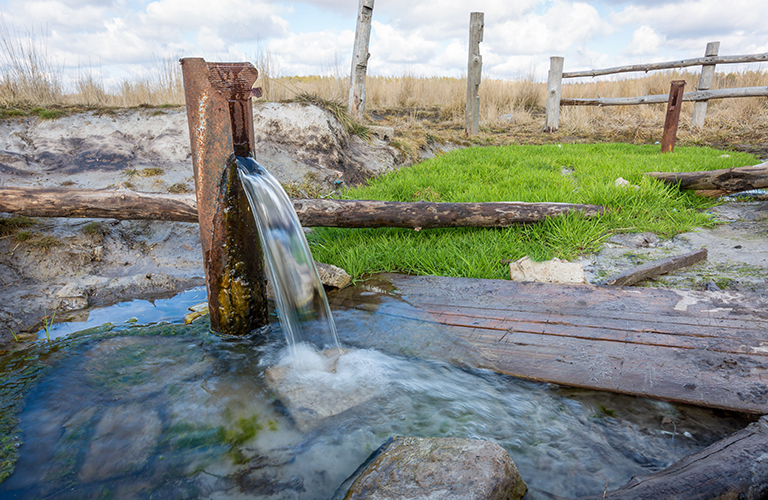
On July 26, the Environmental Protection Agency (EPA) opened a web-based portal to assist municipalities, counties, and communities in identifying grant, loan and other financial sources for infrastructure. Recent Safe Drinking Water Issues in Flint, Michigan and other communities involving lead in drinking water have increased focus on drinking water infrastructure needs and system investigation and replacement. EPA indicates that the Water Finance Clearinghouse has over $10 billion in water funding sources and over 550 resources to support local water infrastructure projects. Water Finance Clearinghouse consolidates and expands upon existing EPA-supported databases to create a one-stop-shop for all community water… Read more



